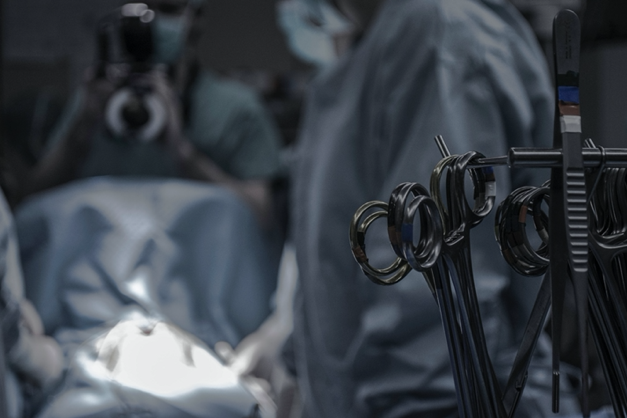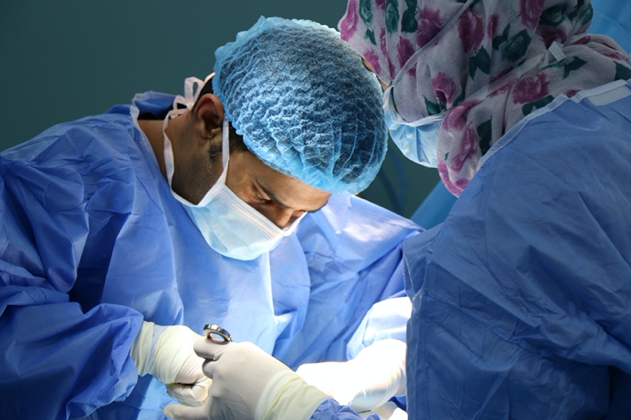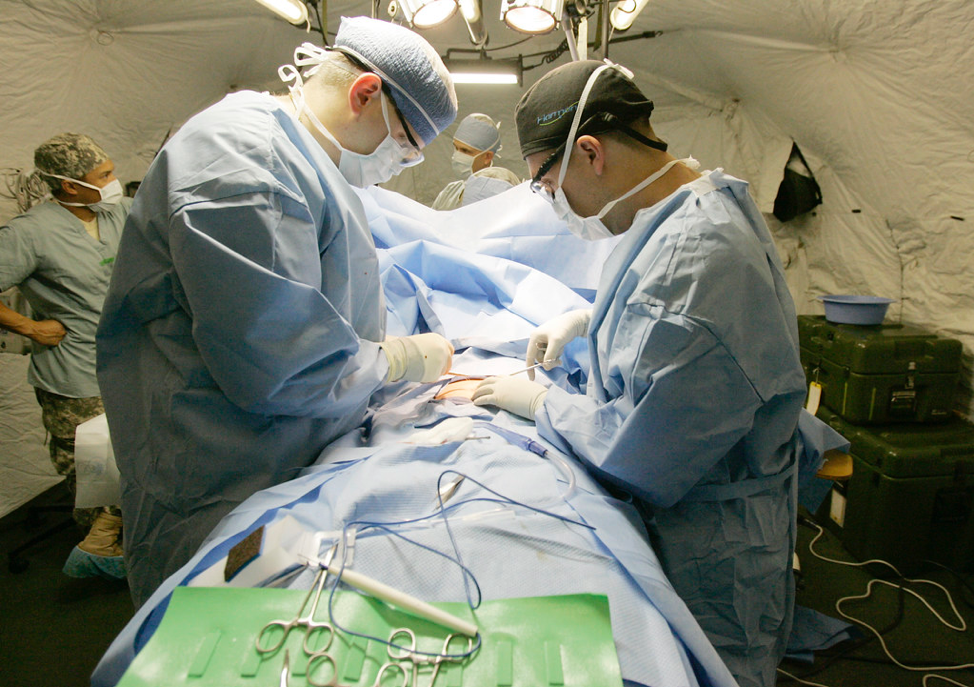CALL TODAY 646-846-1136 | EMAIL
Surgical Experts Dedicated to Improving Lives
At Lenox Hill Minimally Invasive Surgery PLLC, Dr. Valery Dronsky and his staff of medical professionals provide compassionate care with the highest ethical & professional standards. In our state of the art facility, we offer surgical services using only the most cutting edge and current procedures and treatments. We specialize in general surgery, including extensive experience in performing hernia repair surgery. Our expertise is in minimally invasive surgery and robotic surgery. Minimally invasive and robotic surgery often allow patients to experience easier recovery than traditional open surgery. They also allow for more precise and less traumatic surgery. When robotic and minimally invasive surgery is not an option, we are also skilled and experienced in traditional open surgical procedures.
Dr. Dronsky is an experienced and highly skilled surgeon having undergone extensive training in school, residency and fellowships. He practices medicine with ethical behavior, compassion and superb bedside manner. In the operating room he exhibits precision mechanical abilities, analytical thinking and the ability to visualize tissue in three dimensions. These innate and learned skills allow Dr. Dronsky to be one of the most dexterous and skilled professionals in New York City and the Country.
Call us: 646-846-1136
PATIENT TESTIMONIALS
Recent Awards
We are honored and deeply appreciative to have consistently received prestigious awards and recognition year after year, establishing us as one of New York’s foremost hospitals for a wide range of general surgeries, safety measures, specialized procedures, and overall excellence in healthcare. At Lenox Hill Minimally Invasive Surgery, our unwavering commitment lies in delivering exceptional care and unwavering support to our patients, guaranteeing their safety and successful recovery throughout their entire surgical experience.
Hospital Quality Awards
 America’s 50 Best Hospitals Award™ (2023, 2022)
America’s 50 Best Hospitals Award™ (2023, 2022)
Top 1% in the nation for providing the highest clinical quality year over year.

America’s 100 Best Hospitals Award™ (2021)
Top 2% in the nation for consistently delivering clinical quality year over year.

America’s 250 Best Hospitals Award™ (2023, 2022, 2021)
Top 5% in the nation for consistently delivering clinical quality.

Patient Safety Excellence Award™ (2023, 2022)
Top in the nation for providing excellence in patient safety by preventing infections, medical errors, and other preventable complications.
Specialty Clinical Quality Awards

America’s 100 Best Hospitals for Cardiac Care Award™ (2023, 2022, 2021, 2020, 2019)
Superior clinical outcomes in heart bypass surgery, coronary interventional procedures, heart attack treatment, heart failure treatment, and heart valve surgery.

America’s 100 Best Hospitals for Coronary Intervention Award™ (2023, 2022, 2021, 2020, 2019)
Superior clinical outcomes in coronary intervention procedures (angioplasty with stent).

America’s 100 Best Hospitals for Prostate Surgery Award™ (2023, 2022, 2021)
Superior clinical outcomes in prostate removal surgery and transurethral resection of the prostate.
Click to see all of our Healthgrades best doctors awards
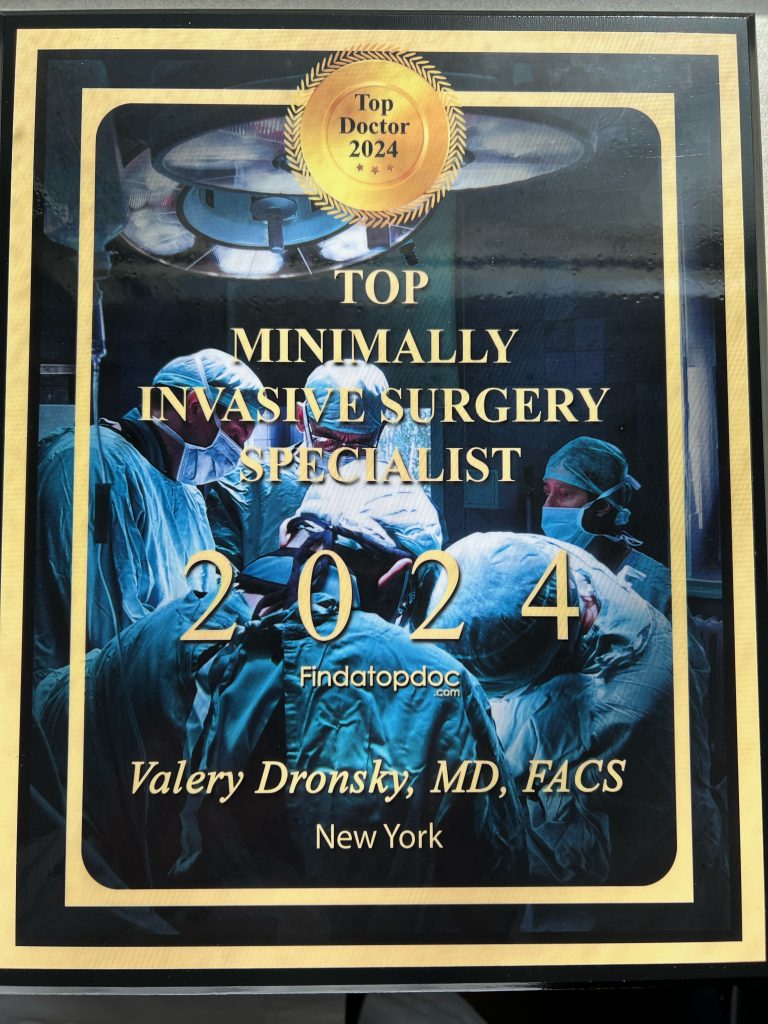
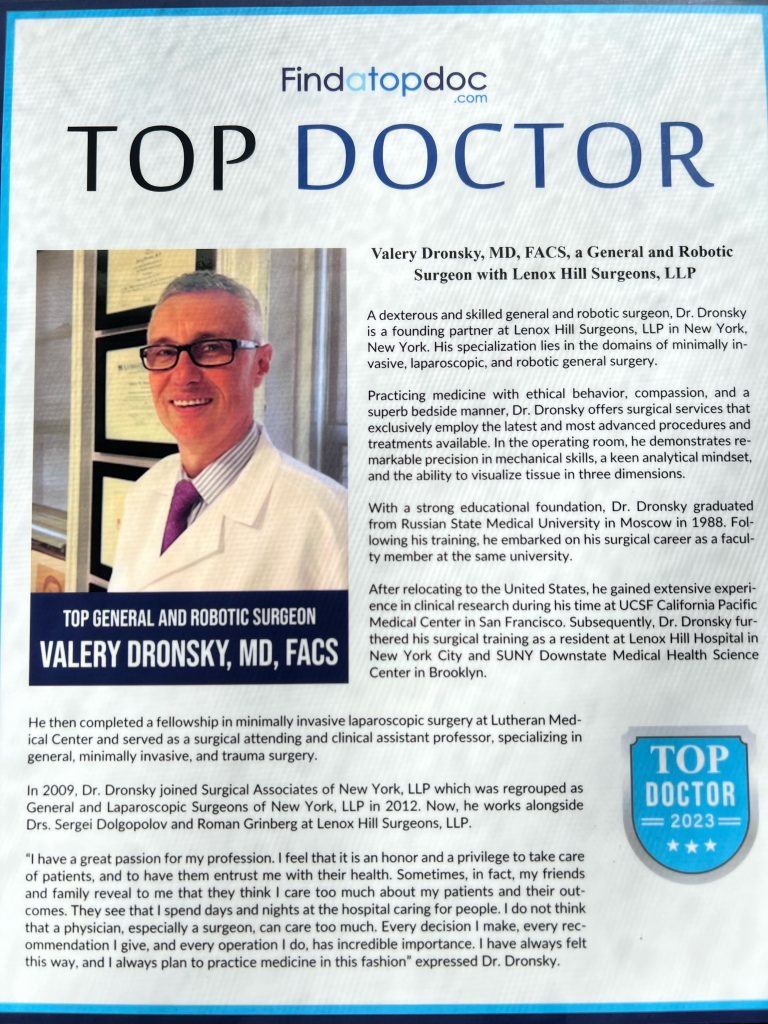


Visit our main website at www.LenoxHillMinimallyInvasiveSurgery.com
Blog Posts are Below:
Category Archives: Gallbladder Surgery
Gallbladder Surgery: Common Disorders and Surgical Solutions
Various conditions can affect the gallbladder, leading to discomfort and potential complications. Gallbladder surgery may be necessary when conservative treatments fail to alleviate symptoms. The gallbladder is a small organ located beneath the liver that plays a vital role in the digestion of fats. At Lenox Hill Minimally Invasive Surgery, a leading general surgery practice in New York City, our team of expert surgeons specializes in gallbladder surgery, offering patients effective surgical solutions for gallbladder disorders. In this comprehensive article, we will explore common gallbladder disorders, their symptoms, and the surgical interventions available to provide relief and restore well-being.
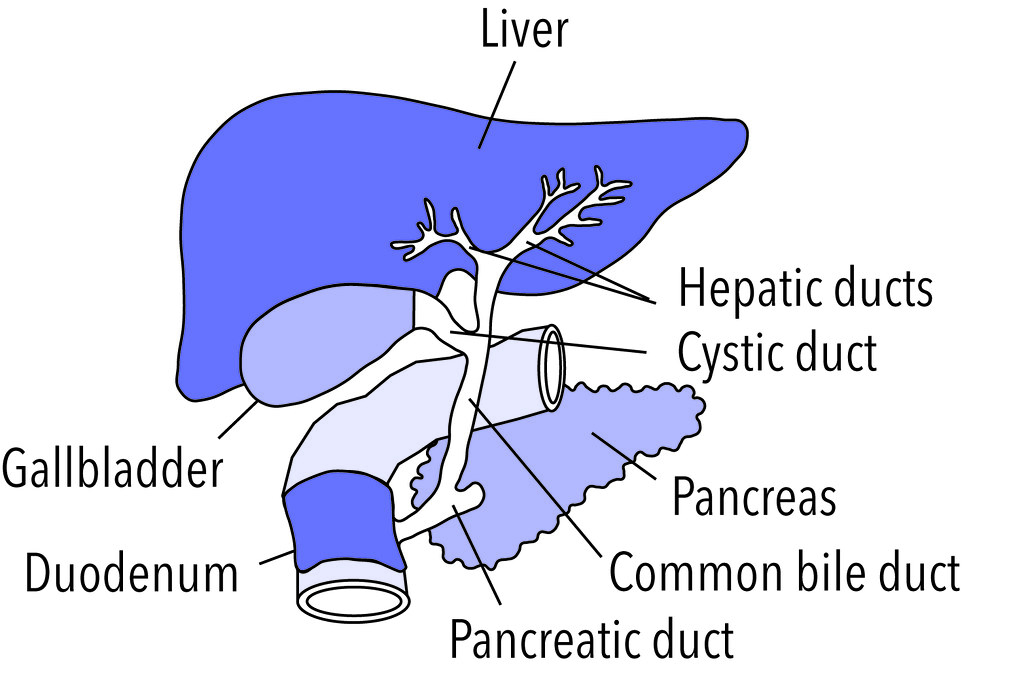
Gallstones: Causes and Symptoms
Gallstones are one of the most common disorders affecting the gallbladder. They are formed when substances in bile, such as cholesterol or bilirubin, harden into stone-like particles. Gallstones can range in size and quantity, and they can cause various symptoms, including:
1. Abdominal Pain:
Gallstones often cause intense pain in the upper right abdomen or in the middle of the abdomen just below the breastbone. The pain can be recurrent and may radiate to the back or shoulder.
2. Nausea and Vomiting:
Gallstone-related pain can lead to feelings of nausea and sometimes result in vomiting.
3. Jaundice:
In some cases, gallstones can obstruct the bile duct, leading to a buildup of bilirubin in the body. This can cause yellowing of the skin and eyes, known as jaundice.
4. Indigestion and Bloating:
Gallstones can disrupt the normal flow of bile, leading to indigestion, bloating, and a feeling of fullness after meals.
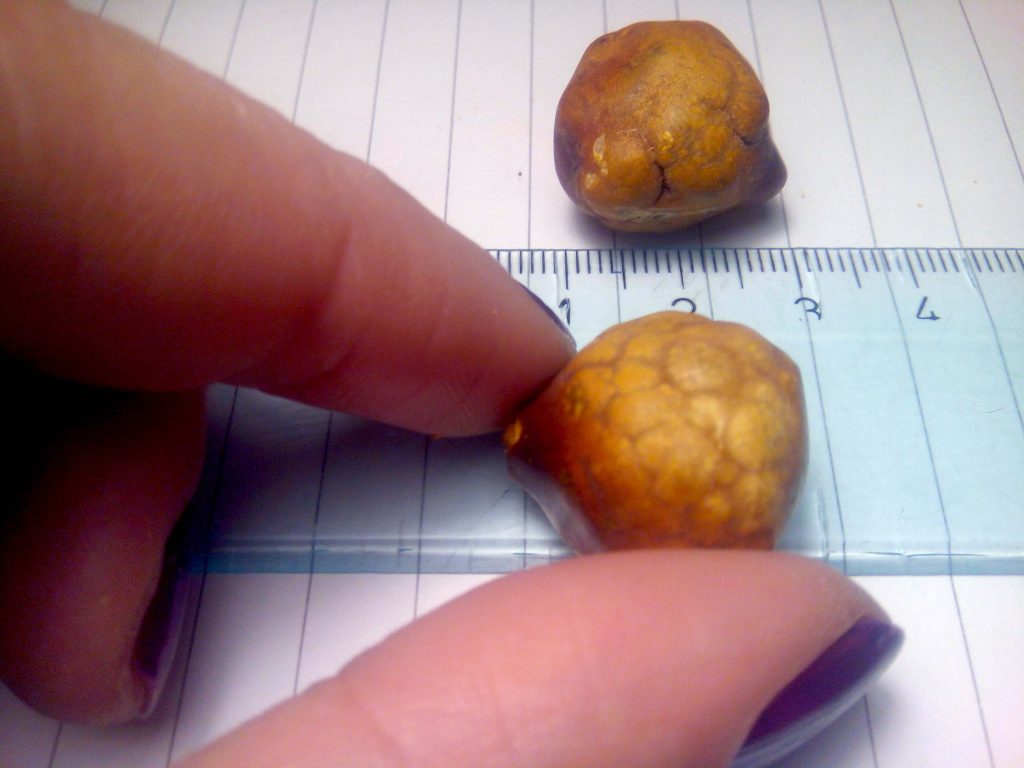
Gallbladder Surgery: Cholecystectomy
When gallstones or other gallbladder disorders cause significant symptoms or complications, gallbladder surgery is often recommended. The most common surgical intervention for gallbladder removal is called cholecystectomy. There are two primary approaches to cholecystectomy:
1. Laparoscopic Cholecystectomy:
Laparoscopic cholecystectomy is a minimally invasive surgical procedure that utilizes small incisions and specialized instruments. The surgeon inserts a laparoscope, a thin tube with a camera, to visualize the surgical area. The gallbladder is then removed through small incisions, resulting in less post-operative pain, faster recovery, and minimal scarring.
2. Open Cholecystectomy:
Open cholecystectomy is a traditional surgical approach that involves making a larger incision in the abdomen to remove the gallbladder. While it requires a larger incision and longer recovery time compared to laparoscopic cholecystectomy, open cholecystectomy may be necessary in certain cases, such as when there are complications or if laparoscopic surgery is not feasible.
Expert Gallbladder Surgery Services at Lenox Hill Minimally Invasive Surgery
At Lenox Hill Minimally Invasive Surgery, we understand the impact gallbladder disorders can have on your daily life. Our team of experienced general surgeons specializes in gallbladder surgery and provides individualized care to meet your specific needs. We utilize advanced techniques and state-of-the-art technology to ensure optimal surgical outcomes and patient satisfaction.
Contact us today to schedule a consultation and benefit from the expertise of our renowned surgeons:
Contact Information:
LENOX HILL MINIMALLY INVASIVE SURGERY
117 E 77th Street
Suite 1A
New York, NY 10075
646-846-1136
admin@lenoxmis.com
https://lenoxhillminimallyinvasivesurgery.com/
Gallbladder Disease: Will You Need Serious Surgery?
Do you need serious surgery for gallbladder disease? A gallbladder is an organ that aids a person’s digestion by storing bile and releasing it in the small intestine. It’s a small organ located right under the liver, with a highly purposeful functionality in the body. Bile is a yellowish liquid that the liver makes and transfers to the gallbladder. This liquid helps break down tiny food particles in the small intestine. Furthermore, it also helps eradicate the waste material.
Types of Gallbladder Diseases
The number of complications of the gallbladder is immense. However, the most common medical issues include gallbladder disease. Gallstones and Cholecystitis are just some of the gallbladder diseases amongst many others.
Gallstones
Gallstones may be the most common gallbladder diseases of all time. This may be due to the average person’s diet since gallstones consist of cholesterol and solidified bile. It shares commonality because people are now more accustomed to eating cholesterol-rich food.
Symptoms
In this gallbladder disease, a person may or may not experience any distinctive symptoms. However, if the gallstone is in any of the openings, an individual can experience severe pain. They will feel a sudden striking pain between the belly button and the right rib.
Furthermore, other symptoms of the gallstones include:
- Intense abdominal pain lasting several hours
- Fever, along with chills
- Itchiness sensation on the skin
- Sweatiness
- Dark coloration of urine
- The pale color of stool
- Yellowish color on the skin
- Nausea
- Vomiting
- Loss of appetite
- Muscular contractions inside the abdomen (this occurs when a gallbladder makes contraction to expel a gallstone)
When facing any of these issues, a person should stay away from foods that contain fat. In some cases, fatty foods act as triggers or initiators of abdominal discomfort. A person must be quick to visit a doctor if they experience pain or discomfort.
Cholecystitis
This condition supersedes gallstones in terms of severity. When tiny gallstones start accumulating inside the gallbladder, they cause blockages inside the bile duct. These blockages tend to swell up over some time, and this swelling inside the bile duct is cholecystitis. It’s a condition that involves gallstones stuck inside the bile duct, causing blockages, swelling, and other serious complications.
In this case, instant treatment becomes a necessary endeavor. However, there are two stages of Cholecystitis, acute and chronic.
Acute Cholecystitis
Acute Cholecystitis is a condition in which a person experiences pain that lasts only about 6 to 12 hours. The severity of this condition depends on the frequency of the painful episodes. A doctor determines that a person has acute cholecystitis when their pain lasts for a week.
If the painful episodes start lasting beyond seven days, it is an indication that the condition is more severe and may lead to chronic cholecystitis. Other symptoms of this disease, in addition to pain, can involve vomiting, nausea, yellowing, swelling, and fever.
This disease also has other causes apart from gallstones. Major surgeries, inflammation, and illness can also spike cholecystitis in a person. Increased inflammation in the gallbladder has terrible impacts, including the rupture and damage of the gallbladder.
Chronic Cholecystitis
Long-term inflammation in the gallbladder causes Chronic Cholecystitis. In this condition, you can undergo serious complications, as the gallbladder fails to empty the gallstones, and they deposit further inside. This has serious outcomes. When gallstones block out the exit points inside the gallbladder, bile tends to accumulate excessively inside.
Therefore, stagnant bile fluid becomes vulnerable to infections and inflammation. Gangrene can occur inside the gallbladder, causing the tissues to die. This critical condition can also possibly burst or tear the gallbladder because of excess bile liquid.
Will You Need Surgery?
The decision of whether you need gallbladder surgery depends on the severity of your pain. It also depends on your underlying condition, health, and age. Surgeons take many considerations before they decide to send you into surgery.
Furthermore, you will be glad to hear that a gallbladder removal surgery is very safe and has no side effects. You do not even need your gallbladder. Thus, removing it will have no significant impact on your overall health.
If you are suffering from severe symptoms, the best option for you is to go into surgery. Hence, if you show up to the doctor with a series of gallbladder disease symptoms, they are likely to link you to professional gallbladder surgeons.
Gallbladder Disease: To Conclude
If you are looking for minimally invasive gallbladder surgery, visit us at Lenox Hill Minimally Invasive Surgery. Our team consists of the most experienced surgeons in New York. More importantly, gallbladder surgery is our specialty. We provide you with the best services, easy operations, and friendly and professional staff. Visit our website for more information, or call us at (212) 988-1136.
All About Gallbladder Surgery
The gallbladder is a small organ near your upper abdomen. Whereas, the abdomen is present in the center of your body and holds several organs, including the stomach. This organ is not a complicated one, and so not it’s surgery.
The gallbladder surgery is the most common surgery and mostly don’t cause any severe side effects.
What is the Function of Gallbladder?
The gallbladder is the one that accumulates and stores a liquid known as bile, which aids your body in breaking down your food. Gallstones, small and hard deposits, can grow in the gallbladder. It is a common health condition. When your gallstones start to cause problems in your body, your doctor will recommend you to remove them. For instance, if your gallbladder stops working properly, and you also feel pain, you will need surgery. Your health professional will suggest the best treatment you can have.
Gallbladder Surgery or Cholecystectomy
This is the surgical method to remove your gallbladder. The gallbladder is responsible for gathering the bile and storing it. This bile is a digestive fluid produced in your liver.
Traditionally, doctors perform gallbladder surgeries through an incision in the belly to take out the gallbladder. It is called open surgery. Because of the high technological methods, now doctors can do this with tiny instruments and a small cut, called laparoscopic surgery. The main instrument of the surgery is a laparoscope, hence the name. It is a minimally invasive surgery that takes place using small tools.
Cholecystectomy is a common surgery and typically don’t have any risk or complications. In many cases, patients can get discharged from the hospital on the same day of the surgery. For The procedure, the surgeon inserts cameras in your abdomen, and safely removes the gallbladder with the help of images.
In some cases, doctors can also use a large incision to take out the gallbladder. This surgery is called open Cholecystectomy.
Who Needs Gallbladder Surgery?
As you have learned, Cholecystectomy is a common method to treat gallstones and cure the complications. If you have the following problems, your doctor may recommend you undergo surgery.
- If you have gallstones in your gallbladder, called cholelithiasis
- If you have growth of gallstones in your bile duct, called choledocholithiasis
- If you are suffering from gallbladder inflammation, called cholecystitis
- If you have large gallbladder polyps
- If you face pancreas inflammation due to gallstones
Complications of the Surgery
Mostly, patients go back to their normal and regular activities after the surgery. The complication can only happen because of the less medical care or after when people don’t take care of themselves. However, there is little chance of suffering from any complications, and even if they occur, they are few.
The complications of Cholecystectomy include blood clots, infection in the area, bleeding, hernias, and heart problems. A hernia is a condition in which your tissues or a small spot of your gut (intestine) bulges through the muscles that cover it.
Moreover, any surgeries can have the risk of causing problems in other parts of the body. This does not always happen, but it is possible. Similarly, gallbladder surgeries can cause issues in the nearby area, such as large intestine, common bile duct, and small intestine. If you face these problems, you need to undergo another surgery to treat them. It is also possible that your bile might start to leak after the gallbladder surgery into your abdomen.
Mostly, a complication from gallbladder removal is rare, which means it is a safe procedure. If you want to know about the possible complication in your surgery, ask your surgeon.
Bottom Line: Consult Top NYC Specialists at Lenox Hill Minimally Invasive Surgery
Gallbladder removals are the most common surgeries in NYC. They usually don’t involve any complications and not cause any side effects. Both men and women can undergo gallbladder surgery at any age.
Some patients can even go home on the day of the surgery. However, you should take your treatment seriously no matter what type of surgery it is. The same goes for this one. It would be best to have a health professional who can diagnose your problems properly and treat it.
Lenox Hill Minimally Invasive Surgery team of expert gallbladder surgeons have the expertise to cure your problem once and for all. They use cutting edge technology and procedures for removing the gallbladder. Schedule a consultation on our website or by phone at 646-846-1136 today.
Gallbladder Surgery – What to Expect
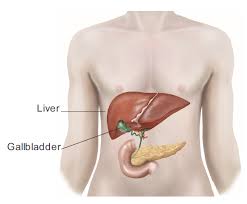 Although it is just a small organ, the gallbladder is used in the effective processing of food and nutrients. However, there are a few specific circumstances in which some or all of the gallbladder must be removed. Gallbladder surgery is one of the most common surgeries in the world. But what does the gallbladder actually do? Why would you need gallbladder surgery? And what can you expect from gallbladder surgery recovery?
Although it is just a small organ, the gallbladder is used in the effective processing of food and nutrients. However, there are a few specific circumstances in which some or all of the gallbladder must be removed. Gallbladder surgery is one of the most common surgeries in the world. But what does the gallbladder actually do? Why would you need gallbladder surgery? And what can you expect from gallbladder surgery recovery?
What is the Gallbladder?
The gallbladder is only a few inches in diameter with the ability to expand and contract depending on its contents. The primary purpose of the gallbladder is producing bile. This bile is used for digestion and the eventual absorption of essential vitamins and nutrients. The gallbladder inflates as it fills with bile and empties as food passes through the small intestine, where the bile is secreted and fats are processed.
It is interesting to note that the gallbladder is not an essential organ for daily life. In many cases where the gallbladder must be removed, diet and activity are not greatly affected once the initial recovery has been completed.
Why Would you Need Gallbladder Surgery?
 There are a number of conditions which could require gallbladder surgery. One of the most common is the existence of gallstones. Gallstones, as the name suggests, are small stone-like objects within the gallbladder. Gallstones on their own are not problematic but may become so if they get lodged in a place where they should not be, such as in the bile ducts. When this happens, sharp, stinging pain can be felt in the upper right section of the abdomen.
There are a number of conditions which could require gallbladder surgery. One of the most common is the existence of gallstones. Gallstones, as the name suggests, are small stone-like objects within the gallbladder. Gallstones on their own are not problematic but may become so if they get lodged in a place where they should not be, such as in the bile ducts. When this happens, sharp, stinging pain can be felt in the upper right section of the abdomen.
Another condition which can require gallbladder surgery is cholecystitis, or inflammation of the gallbladder. Swelling and inflammation of the gallbladder can cause pain and impair digestion, as bile is not secreted properly. Instead, bile could build up and leak, causing intestinal discomfort. In cases like this, the gallbladder can be removed to reduce pain and decrease the risk of further complications.
What to Expect from Gallbladder Surgery
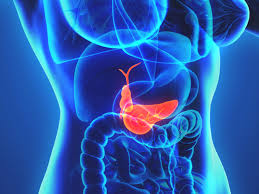 Prior to your gallbladder surgery, your surgeon will most likely want to discuss your individual case. Even though gallbladder surgery is one of the most common surgical procedures performed, every individual is different. Your doctor will most likely want to know about current medications, any pertinent medical history, and whether or not you have a family history of gallbladder problems or surgical complications.
Prior to your gallbladder surgery, your surgeon will most likely want to discuss your individual case. Even though gallbladder surgery is one of the most common surgical procedures performed, every individual is different. Your doctor will most likely want to know about current medications, any pertinent medical history, and whether or not you have a family history of gallbladder problems or surgical complications.
Your surgeon will give you specific instructions, but it is typical for a prescription to be provided that will empty the intestines to make for easier access to the gallbladder. Usually, it is important to avoid drinking or eating anything before your surgery. In a gallbladder removal surgery, or cholecystectomy, a small incision is created with the intention of removing the gallbladder itself. A small camera is inserted and used to guide the process.
Due to the relative simplicity and familiarity with gallbladder surgery, it is expected to be an outpatient procedure. That means that most people go home on the same day of having their surgery performed. However, in some cases, the doctor may wish to have a longer stay to monitor recovery. The average recovery time for gallbladder surgery is just a few weeks. However, even after the initial recovery is complete, it is important to minimize strenuous activities that could put a strain on the incision site. Heavy lifting, bending, or vigorous exercise should be limited. Talk to your surgeon for specific instructions following your surgery.
Do you think you need to have gallbladder surgery? Schedule an appointment with the best surgeons in NYC for a consultation today.
LENOX HILL MINIMALLY INVASIVE SURGERY
117 E 77th Street
Suite 1A
New York, NY 10075
646-846-1136
admin@lenoxmis.com
References
https://www.uofmhealth.org/health-library/hw106860
https://www.mayoclinic.org/tests-procedures/cholecystectomy/about/pac-20384818
https://www.webmd.com/digestive-disorders/surgery-for-gallstones#1
















